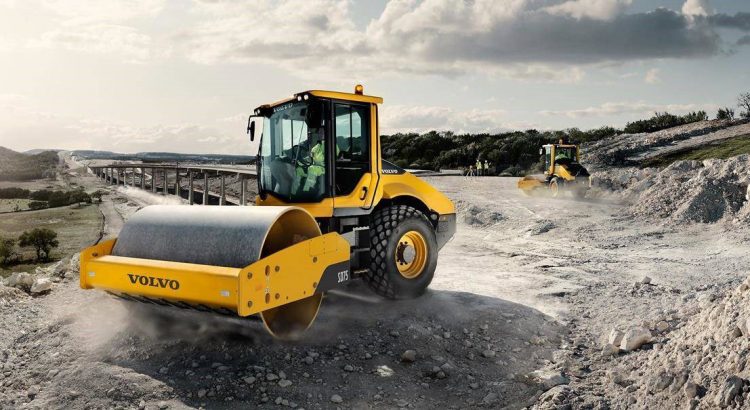We need both, so what’s this about? The capitalist marketplace is the best possible economic system for making cars—but it’s the worst system for making roads. Whether you’re right wing or left wing, thinking that one system is “best” will make you wrong half the time. The issue isn’t the system, it’s what the system is supposed to accomplish—as follows:
When it comes to making cars, the capitalist system allows the marketplace to determine which types of cars? How many trucks? How big or how small? The answers are derived from demand. If the government tried to determine which cars or trucks to build, they might get this right now and then, but more often its predictions would be off the mark, resulting in costly imbalances. Producing too many big cars than the people want will drive those prices down, just as producing too few small trucks will drive those prices up. The result would be a continuous imbalance within the social economy consisting of overpaying and underpaying. Under capitalism, the auto industry’s supply chain is determined by the culture’s demand. The matching of supply with demand means that money will circulate within the economy to the benefit of the whole society.
Making roads isn’t determined by capitalist demand. It is determined by the government’s commitment to sound social policy. Demand in the capitalist marketplace would build roads for profit in densely populated areas while ignoring smaller communities where building roads would not generate profit. People living close together in the city would have roads, while people living in the country would not. This inequity, in which transportation is easy in the city but missing in suburban or rural areas, would lead to a restrictive society, diminish the growth that comes from robust and equitable transportation, and is therefore contrary to sound social policy. The government turns out to be more effective than the private sector by using taxes to build roads that preserve and expand transportation options for all. When farmers in rural Iowa, for example, have roads available to transport their goods to markets in the city, these roads benefit both sellers and buyers as well as preserving a sound economy. Similarly, when the government builds a road between, say, Denver and Salt Lake City, it may not know in advance what the demand to use this road will be, but the fact of connectedness, the fact that transportation is possible between the two cities, encourages future enterprise and is thereby sound economic policy. The same holds true for the government’s role in preserving all aspects of the society’s infrastructure.
We need free-market capitalism to build the best cars. We need government to build roads for them to travel on, otherwise cars have no value. The argument about “free market” versus “government” is pointless. We thrive by cooperating.








